Bulgarians in Ukraine urged their ancestral homeland – Bulgaria – to send weapons so that Ukraine which is their home can defend itself in the war waged against it by Russia. The people who wrote an open letter to the Bulgarian authorities included Bulgarians from Besserabia.
“Let us never stop thinking and caring for our brothers – the Bulgarians in Bessarabia, and let one day of the year – 29 October, 16 October old style, the anniversary of the consecration of the Bulgarian temple they erected in Bolhrad – be dedicated to them, and for us let it be a grand feast of the Bulgarian spirit…”
With these words, in its first and only issue from 1938, the newspaper Bulgarian Bessarabia calls for the celebration of the Day of Bessarabian Bulgarians. Sixty years later, Mircho Slivenski from Bolhrad, who is a member of the Rodolyubets (patriot) association found a copy in his archives, and the association has marked 29 October as the Day of Bessarabian Bulgarians ever since:
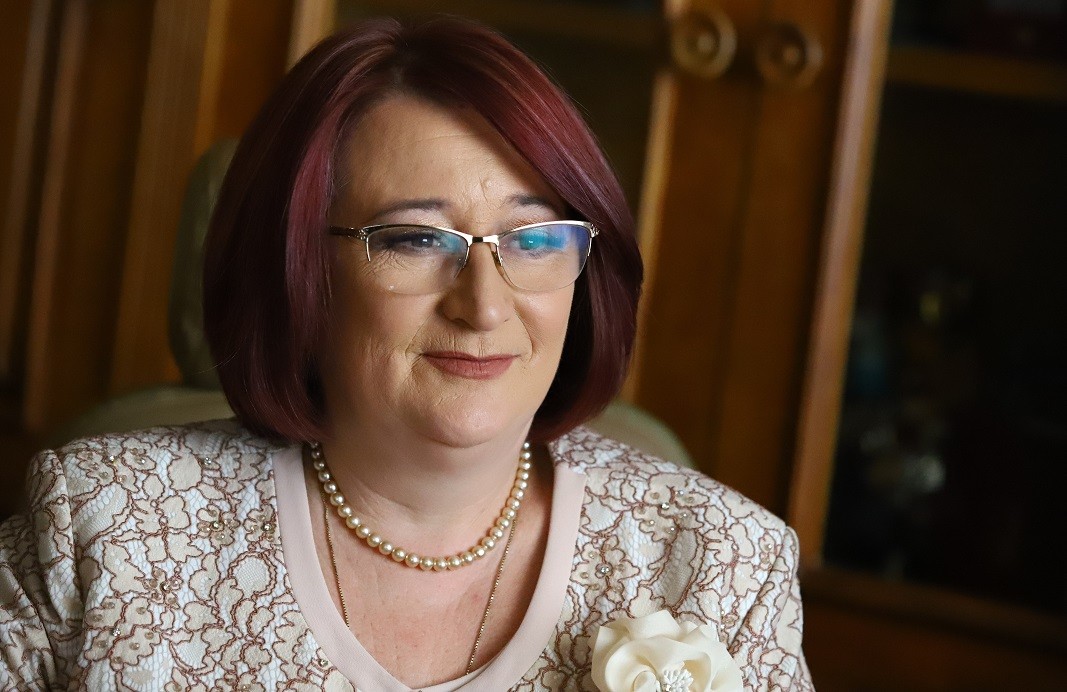
“It is the date on which, in 1838, the church of the Holy Transfiguration in Bolhrad was consecrated, and 100 years later descendants of the Bessarabian Bulgarians, who had settled in Bulgaria, and participations in the liberation and the building of the new Bulgarian state proposed, as a token that the country has not forgotten its compatriots, that this day be marked in Bulgaria as well,” says Rayna Mandzhukova, chair of the State Agency for Bulgarians Abroad. “But in 1939 World War 2 broke out and this day was never really asserted. It was only in 1998, thanks to the Association of Bessarabian and Taurian Bulgarians Rodolyubets that it was reinstated.”
“I am from Bessarabia. In Bulgarian my name is Doncho, I am from Divitliya,” says Anton Telpiz who now lives in Izmail. He says he came for a brief visit to see his grandchildren who live in Bulgaria, and he ended up going to the premiere of the book by Galin Georgiev
“Traditions, memory, identity of Bulgarians in Ukraine and Moldova.”
“When I heard there would be a presentation of a book about Bessarabian Bulgarians, I came with pleasure,” he says. “I was really pleased that the author had gathered material from and about my home village. It was said here there was an idea for the team to visit Vylkove while it was visiting different Bessarabian villages.
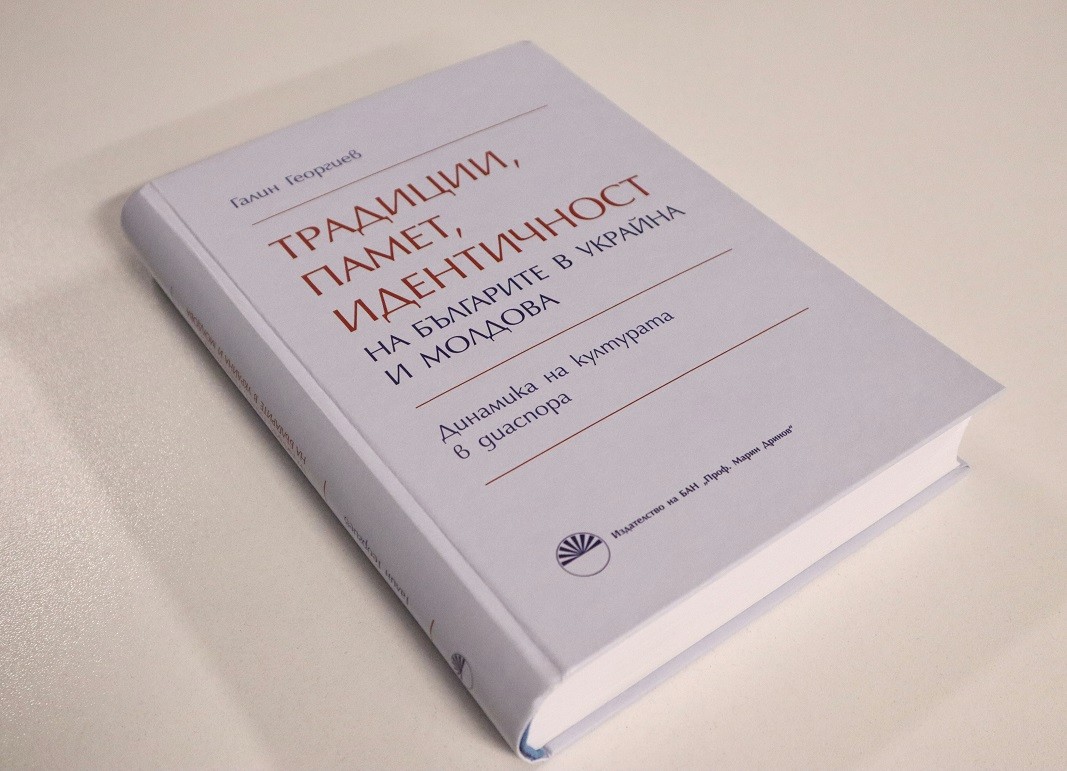
I now live close to that town, and I invited them, next time they come to our Bessarabia to go and collect material there as well.”
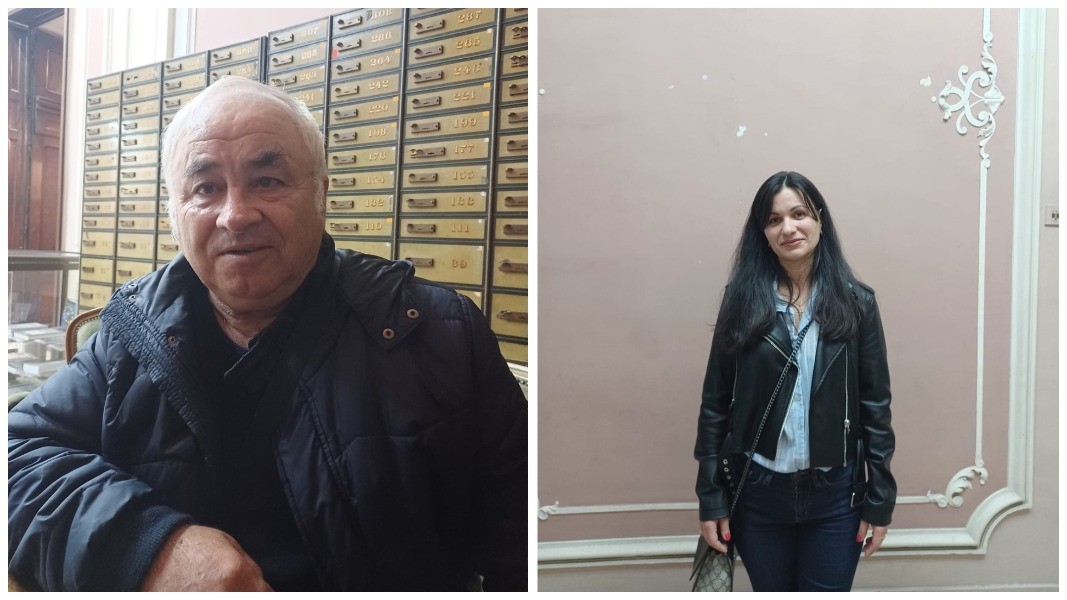
Four years ago Maiya Karakash came to Bulgaria to obtain Bulgarian citizenship, and here she found love. So, Maiya, an ethnologist who graduated from the university in Odessa, stayed in Bulgaria, and now lives here with her family and young daughter:
“I am a Bessarabian Bulgarian from Hasan Batar or Vynohradne in Bolhrad region,” she says. “I have always respected all feast days, rituals, the folk dancing that have been passed down to me. My work involves studying the traditions and the culture of my people, and specifically of my village. For us, Bulgarians in Ukraine, it is a grand day. Before the war we used to have a really good time – especially in Odessa, where 2,500 Bulgarians would get together and have concerts that would be remembered for years afterwards.”
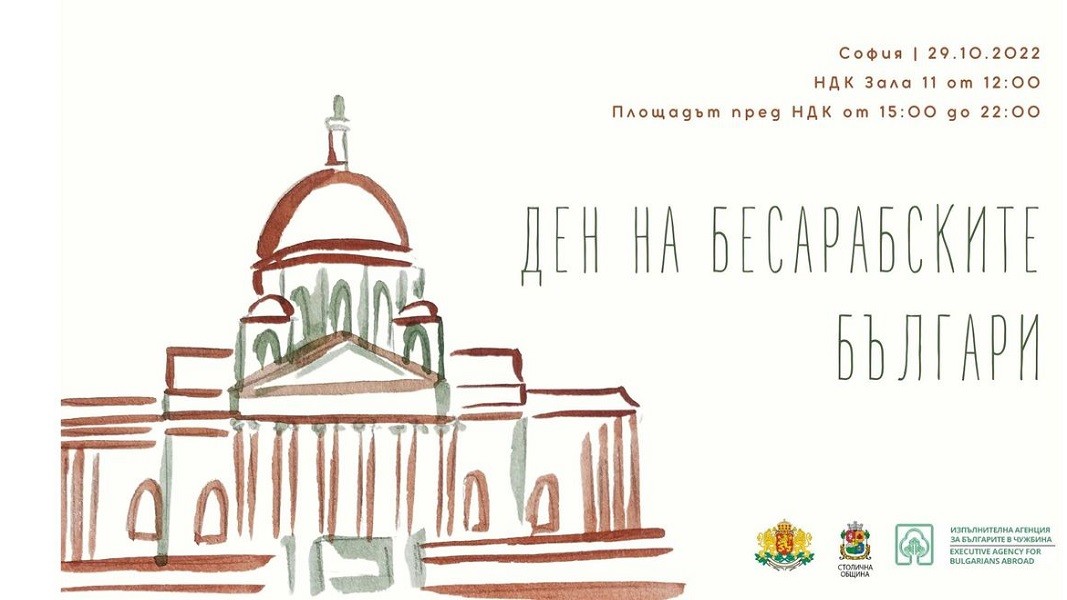
Though the atrocities of Russia’s war against Ukraine have cast a dark shadow over any celebrations, the Bessarabian Bulgarians in this country are still going to mark their special day with a big concert at the Central Military Club. Musicians from Ukraine, Moldova and Romania will also perform on an outdoor stage in front of the National Palace of Culture, and members of the community will receive awards for the help they have rendered their compatriots in their suffering inflicted by the horrors of Russia’s war.
“We, Bulgarians, try not to talk about politics – yes, we are in Ukraine and we want it to be independent,” Anton Telpiz says. What Bulgarians from Bessarabia want to wish their brothers is peace and health, strength of spirit and patience. And they say their compatriots in Bulgaria should stay together, support one another, and never forget they all share the same blood. Ethnologist Galin Georgiev who brought Anton and Maiya together at the presentation of his book, says:
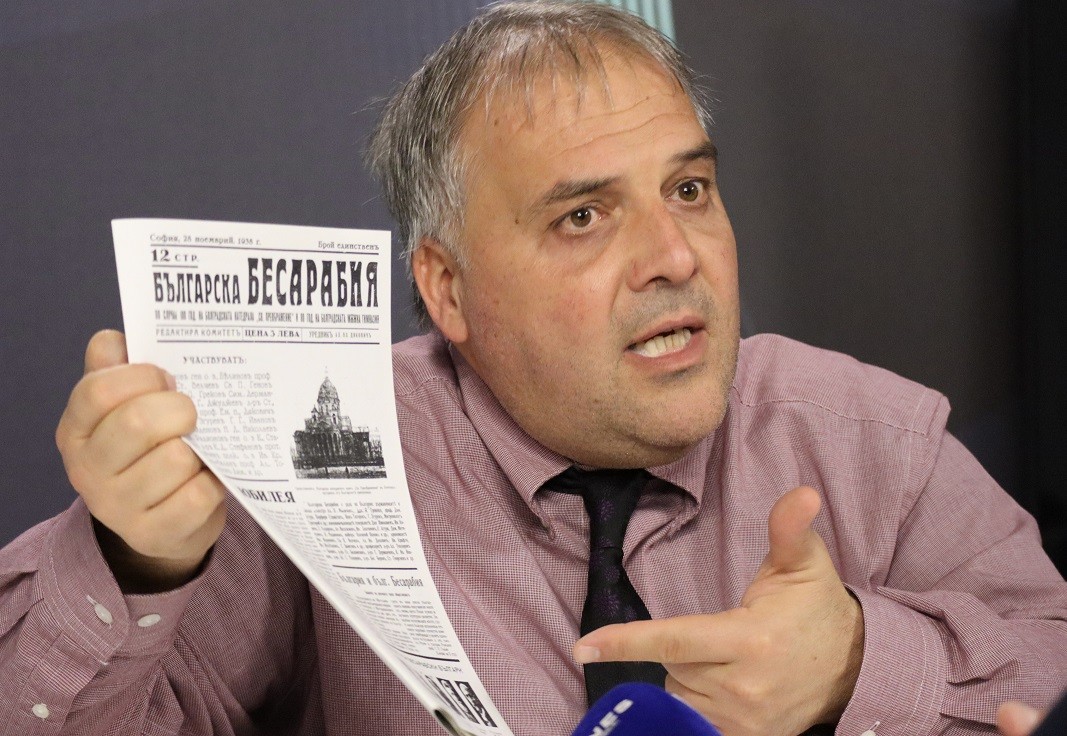
“My own incentive are the thoughts and the words they always share with us – that Bulgarians will remain Bulgarian come hell or high water. Bulgaria needs them, and in spite of all hardships, the road to their ancestral homeland is open. One way they can work and study in this country are the 2,000 vacancies for the study of Bulgarians from abroad under Decree No. 103.”
Photos: BGNES; Diana Tsankova, library
In 1992, a child from Georgia packed her entire life into a small black canvas bag to escape the horror of the bombs… The war through her eyes and the most terrible memories that mark her entire life are described in the..
For the 32nd time, the Children's Easter Festival will bring together Bulgarian children from different countries in Bosilegrad, Serbia, giving them a chance not only to showcase their skills in crafting the most beautiful and original Easter eggs but..
Since its establishment on April 11, 2022, the Institute for Computer Science, Artificial Intelligence and Technology – INSAIT has achieved a number of successes and continues to position Bulgaria on the world's technological map...
Shepherd of the soul, priest of all with open hearts, modern prophet – these are some of the definitions with which Pope Francis..
"The socio-political processes among the Bulgarian communities in Albania and Kosovo from the early 19th century to the present, and the influence they..
Today we mark the 105th anniversary of the birth of academician Valeri Petrov - poet, novelist, screenwriter, playwright and translator. Born in Sofia..

+359 2 9336 661
